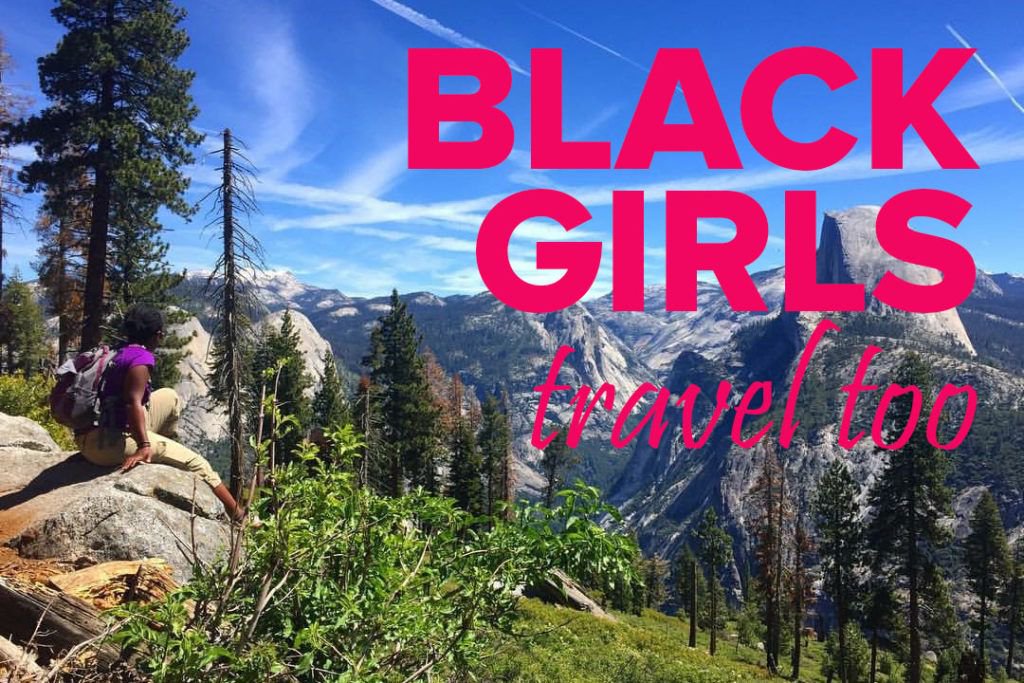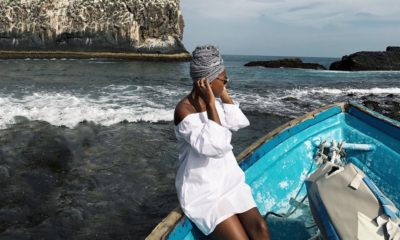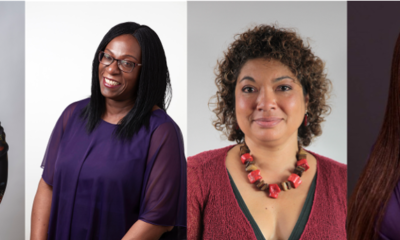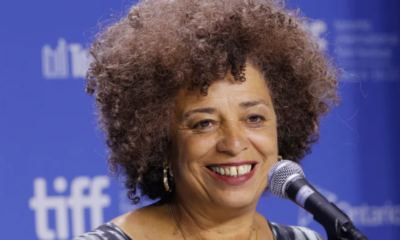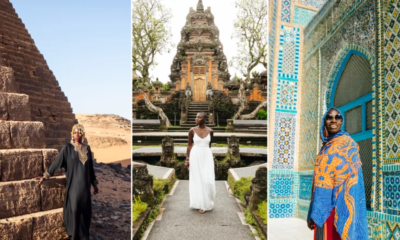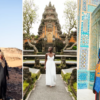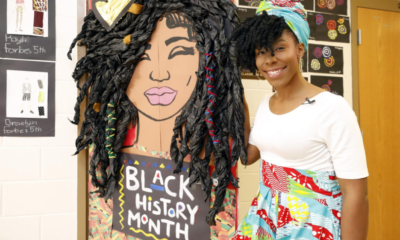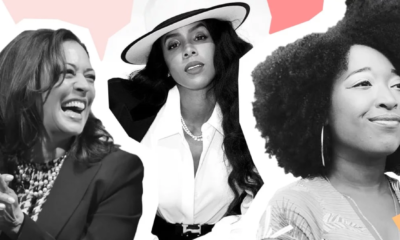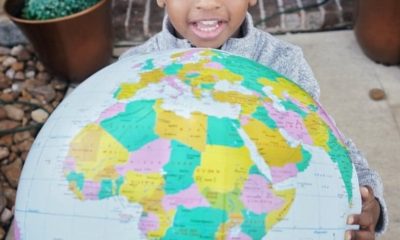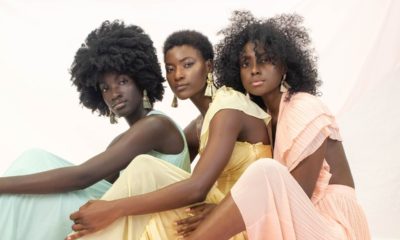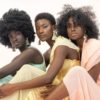Featured Articles
What It’s Like to Travel As a Black Woman
#BlackGirlsTravelToo.
This story was written by LaToya Tooles, and originally appeared on Youth Radio, a national network of next-generation storytelling.
With hashtags on Instagram like #weouthere and #blackgirlstraveltoo, there is increasing photo evidence of black women living their best life and slaying the melanin game all over the world.
Youth Radio’s LaToya Tooles has never left the country. To get some perspective on what it’s like to travel while black, she phoned her friend, 24-year-old Jennifer Mahan, who’s been to Canada, Costa Rica, Europe and North Africa.
LaToya Tooles: How did you first get into traveling?
[My travel] mostly came as a result of academic or educationally enriching programs that I found. Other people seemed to not be afraid of traveling, so I kind of took on that same faux-confidence of like, “Oh yeah, sure, I could do that,” and it became this fake-it-till-you-make-it deal.
LT: I’m curious, why do you think we might be seeing more young black women traveling abroad?
JM: As a black woman, no one really asked me, do you want to go somewhere? Do you want to travel some more? White college students, after they graduate, are going and finding themselves in Europe or Southeast Asia or what have you. But it’s not really a thing yet for black people. But the black women I know, we tend to be a pretty adventurous sort. Whether or not society acknowledges that. If posed with a question like “Hey, do you want to travel to Indonesia or Nigeria?” We will probably say yes. It’s really just having the opportunity to travel rather than want to travel that’s growing.
LT: What tips do you have for people or black women traveling for the first time? What do they have to know?
JM: Having an open mind and a patient standpoint traveling abroad can really allow you, especially as a black woman, to meet more people and explore and just understand other people in a way that sometimes is limited just by historical precedent and historical stereotypes in America. You might be asked “Oh can I touch your hair?” or other questions that might make you want to cringe. But if you don’t cringe and are patient for a little bit more, it can be really eye-opening and really interesting and adventurous and fun when traveling abroad.
LT: So what are some things where you’re like, “I wonder if other black women experience this when they travel?”
JM: When it comes to any sort of personal hair or skin care, you have to prepare well in advance. You have to know what are you going to do with your hair before you get to another country because unless you know of a specific person, chances are people don’t know how to interact with you and your hair.
LT: Do you think that traveling while black changes the experience?
JM: I think being a black woman in America forces you to be a bit bolder and more confident in who you are. And that’s a great trait to have when you go into a country that you aren’t familiar with or are meeting new people. But being the only black woman on a lot of trips…people see me as a “black American female.” Whether or not I see myself as that or I contextualize myself as that, that’s how people see me when I’m traveling abroad.
LT: It seems like you’re beholden to whatever weirdly incomplete picture of black femaleness that a person has.
JM: Exactly. Yes. When I was traveling in Morocco, one time there was another black student I was traveling with. This was right after Obama was re-elected president. So they called us “brother and sister Obama,” you know, and that’s how they saw blackness in America. That’s a pretty positive view of what blackness in America is, but it is a very hyper-contextualized image of what people think you are.
LT: I mean, if you want to call me “Sister Obama,” I’m not going to complain.
JM: Yes. I will gladly take that label.
LT: I feel like if I were to travel abroad as a woman, then I would have so much pride in the fact that I’m a black woman who’s traveling.
JM: Exactly! It’s rare! I want it to not be rare, but it still is. When you say “I’m a black woman from America,” chances are that wherever you are traveling, people have not met someone like you before.
LT: You are so lucky. I’m so mad.
JM: Keep in mind, no one ever tells you that after they travel they’re probably eating ramen for ….
Please read original article- What It’s Like to Travel As a Black Woman



